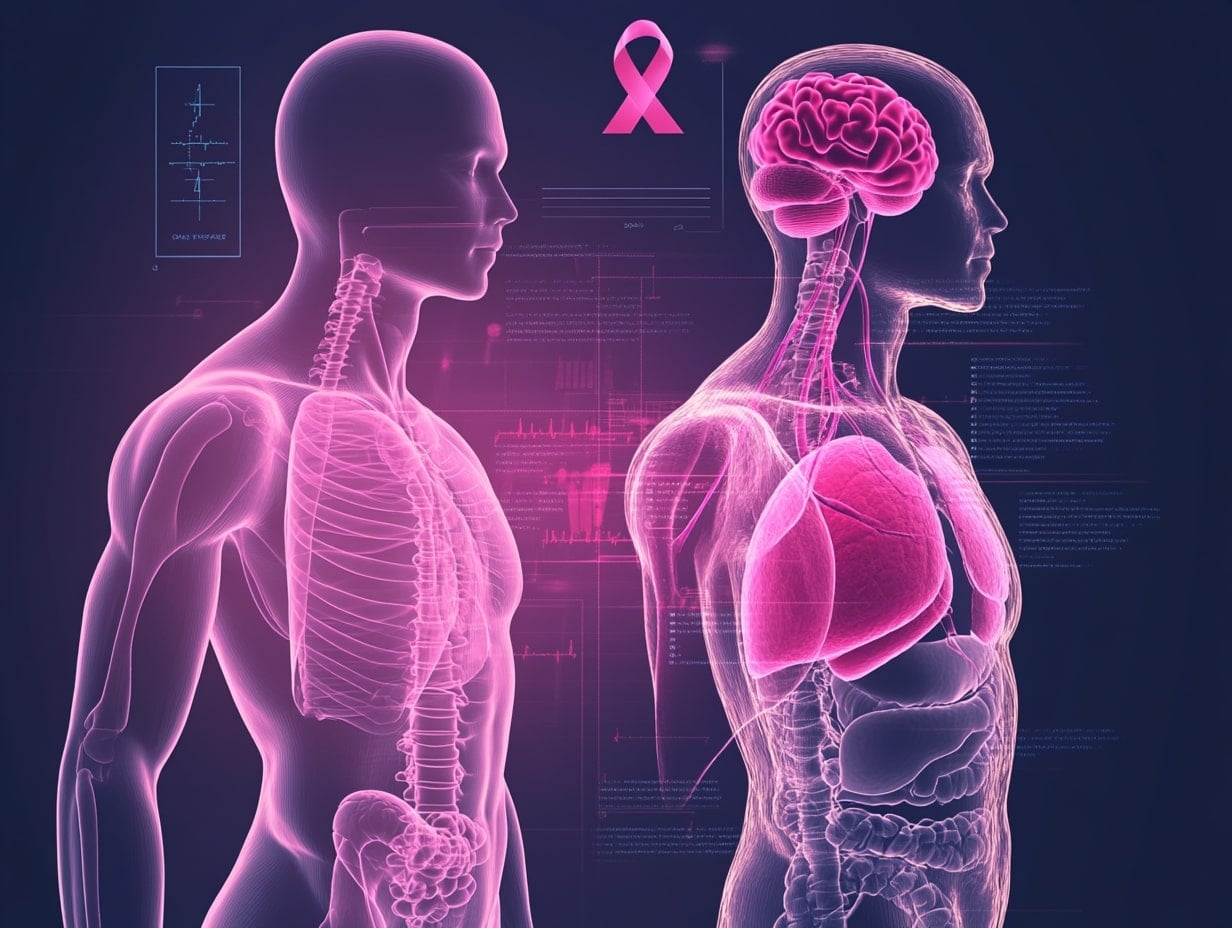HPV and Its Link to Cancer: How to Protect Yourself and Your Partners
Jan 17, 2025
Certain strains of HPV can cause cervical, anal, throat, and penile cancers, making it one of the few STIs linked directly to cancer. The virus spreads through skin-to-skin contact during sex. Vaccination, regular screenings, and safer sex practices are key to protecting yourself and your partners.
What Is HPV?
HPV is a group of more than 200 related viruses. Some strains of HPV cause genital warts, while others are linked to cancers of the cervix, anus, penis, and throat. The high-risk strains of HPV are the ones associated with cancer.
How HPV Is Transmitted
HPV is transmitted through skin-to-skin contact, including vaginal, anal, and oral sex. It can also be passed from an infected mother to her baby during childbirth. This means that anyone who is sexually active can potentially be exposed to the virus, regardless of whether they have visible symptoms.
HPV and Cancer
Certain strains of HPV, particularly types 16 and 18, are known to cause the majority of HPV-related cancers. For women, these strains are the leading cause of cervical cancer. HPV can also cause anal cancer, throat cancer, and, in some cases, penile cancer.
Cervical Cancer: The most well-known cancer caused by HPV, cervical cancer, is detected through regular Pap smears and HPV testing, which can identify abnormal cell changes in the cervix.
Anal Cancer: HPV is the primary cause of anal cancer, especially in men who have sex with men and individuals with compromised immune systems.
Throat Cancer: HPV is a leading cause of oropharyngeal cancer, which affects the back of the throat, tonsils, and base of the tongue.
How to Protect Yourself from HPV
Get Vaccinated: The HPV vaccine is safe and effective at preventing infection with the most common cancer-causing strains of the virus. The vaccine is recommended for both girls and boys, ideally before becoming sexually active. It’s also recommended for adults up to age 26 who have not been vaccinated.
Use Condoms: While condoms don’t completely eliminate the risk of HPV, they can reduce the likelihood of transmission. HPV is spread through skin-to-skin contact, so condoms help protect the areas covered by the latex but do not offer full protection against all strains of the virus.
Regular Screenings: For women, regular Pap smears and HPV tests are essential for detecting early changes in the cervix. Early detection of abnormal cells can prevent cervical cancer by allowing for prompt treatment. Men who are at high risk (e.g., men who have sex with men) should also consider regular screenings for anal cancer.
HPV-Related Cancers and Prevention
While HPV-related cancers are serious, they are preventable through vaccination and early detection. Vaccination is especially important in preventing the strains of HPV that cause most cases of cervical and other cancers. The HPV vaccine has been shown to be highly effective in reducing the incidence of these cancers, making it a critical step in cancer prevention.
What to Do If You Have HPV
If you are diagnosed with HPV, don’t panic. Most HPV infections are harmless and will clear up on their own within a couple of years. However, it’s important to follow your doctor’s advice on regular screenings and prevention measures. For those with persistent high-risk strains, early intervention can prevent the virus from causing cancerous changes.
Conclusion
HPV is a common virus, but it is also preventable through vaccination and regular screenings. By getting vaccinated, practicing safe sex, and keeping up with health screenings, you can significantly reduce your risk of developing HPV-related cancers. Stay informed and take proactive steps to protect yourself and your sexual partners.

Dr. Emily Carter
Dr. Emily Carter is a highly experienced sexologist with a passion for fostering healthy relationships and promoting sexual education. She actively supports the LGBTQ+ community through consultations, workshops, and awareness campaigns. Privately, she conducts research on how sexual education influences social acceptance.





